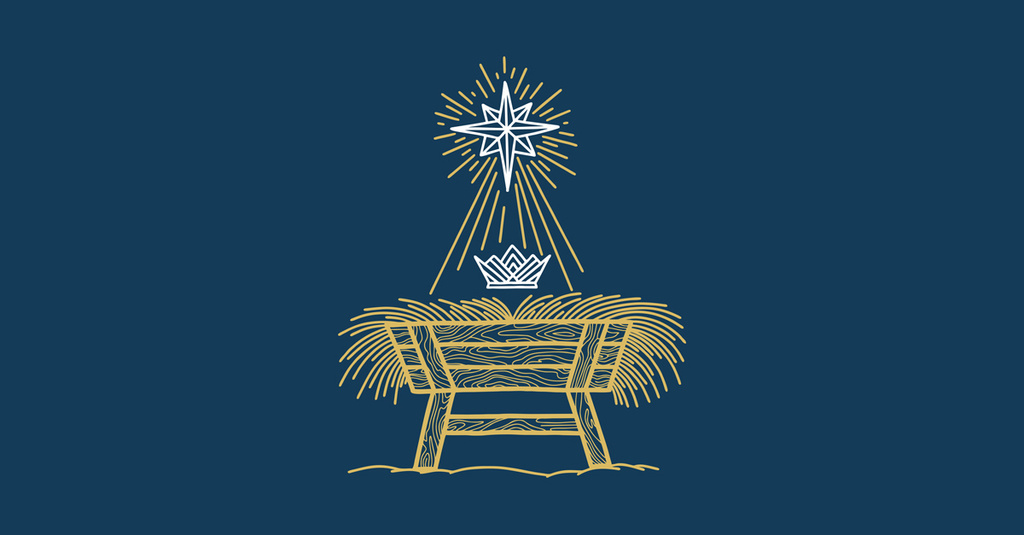
The Birth of the King
We cannot understand Christmas unless we recognize it as what Scripture and so many hymns tell us about it. It celebrates the birthday of the King over all kings, and the Lord over all lords (2 Tim. 6:15). In antiquity, the king’s birthday was the key holiday, and it was a necessary observance. To celebrate another king’s birthday was treason, and hence Christians for generations could not openly observe the birthday of their King.

- R. J. Rushdoony
Too often, scholars tell us that the early church did not observe Christmas and knew nothing about it. When Christmas observances first occurred, we are told, it was supposedly a few centuries later. If this is true, why do we find that the Christmas observances were so well developed when we first meet them? Our first knowledge of Christmas celebrations tell us of a holy day of established practices and forms.
We cannot understand Christmas unless we recognize it as what Scripture and so many hymns tell us about it. It celebrates the birthday of the King over all kings, and the Lord over all lords (2 Tim. 6:15). In antiquity, the king’s birthday was the key holiday, and it was a necessary observance. To celebrate another king’s birthday was treason, and hence Christians for generations could not openly observe the birthday of their King.
We are very near a like condition. The day of resurrection is now turned into a pagan holiday, and Christmas is being similarly transformed. We have a generation which says in effect, “We have no king but Caesar” (Jn. 19:15).
To celebrate the birthday of our King means to affirm that, in every area of life and thought. He is King and Lord. The Christmas carols or hymns sing of His triumph and universal reign as the great Prince of Peace. The joy of Christmas is essentially the knowledge that He is King. The wise men had some awareness of the importance of our Lord’s birth, for they came asking, “Where is he that is born king of the Jews?” (Mt. 2:2). Mary, in the Magnificat, rejoices that the great royal overturner was coming through her (Lk. 1:46-55). The whole of history was to have a new direction and a new power. The newborn King was the last Adam, “the Lord from heaven,” the head of a new human race which would replace the fallen humanity of the first Adam (1 Cor. 15: 45-49). By His coming, the King gives a new direction to history, and the new destination is universal victory.
We are in our present distress because people in the church have forgotten the King, do not seek victory, and are content to let fallen men rule over them.
Lacking the faith of our fathers, we are throwing away their victories. Instead of being “kings and priests unto God and his Father” in Christ (Rev. 1:6), we are television addicts (an average of four hours daily) who have little time for the Bible and prayer. We are losing by default.
It is time for us to celebrate Christmas joyfully as the promise of victory and then to apply His victory to our lives, our times, and our world.

- R. J. Rushdoony
Rev. R.J. Rushdoony (1916–2001), was a leading theologian, church/state expert, and author of numerous works on the application of Biblical law to society. He started the Chalcedon Foundation in 1965. His Institutes of Biblical Law (1973) began the contemporary theonomy movement which posits the validity of Biblical law as God’s standard of obedience for all. He therefore saw God’s law as the basis of the modern Christian response to the cultural decline, one he attributed to the church’s false view of God’s law being opposed to His grace. This broad Christian response he described as “Christian Reconstruction.” He is credited with igniting the modern Christian school and homeschooling movements in the mid to late 20th century. He also traveled extensively lecturing and serving as an expert witness in numerous court cases regarding religious liberty. Many ministry and educational efforts that continue today, took their philosophical and Biblical roots from his lectures and books.